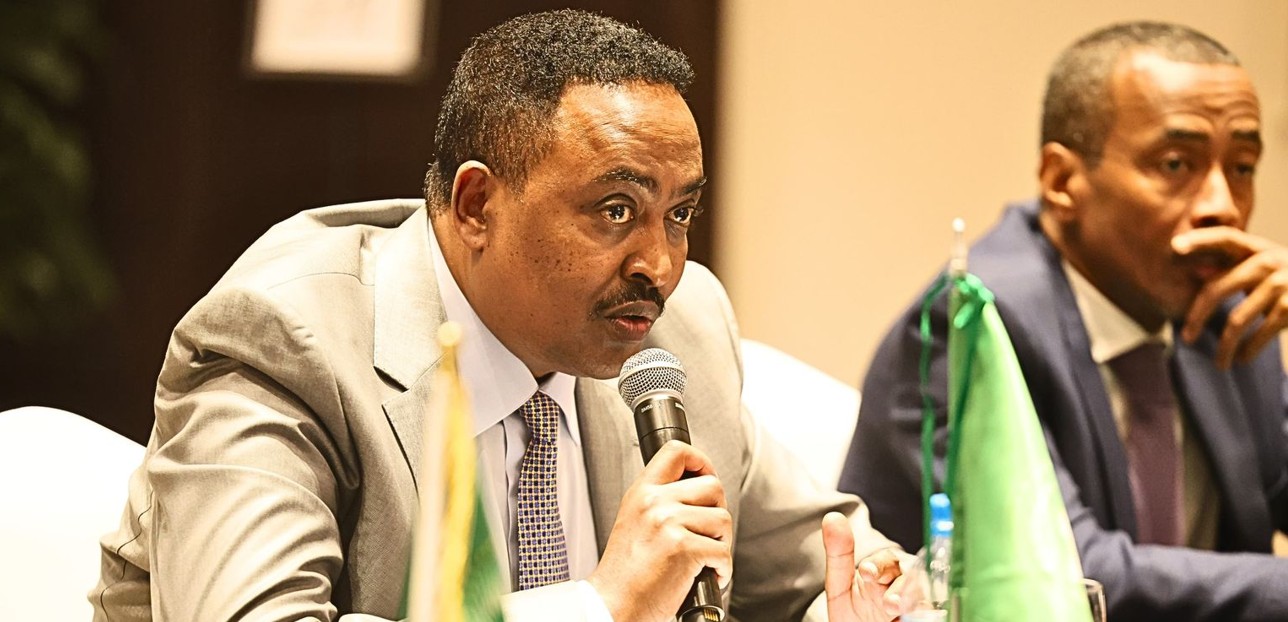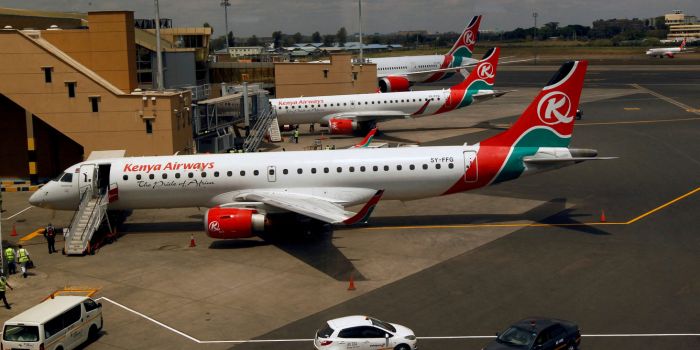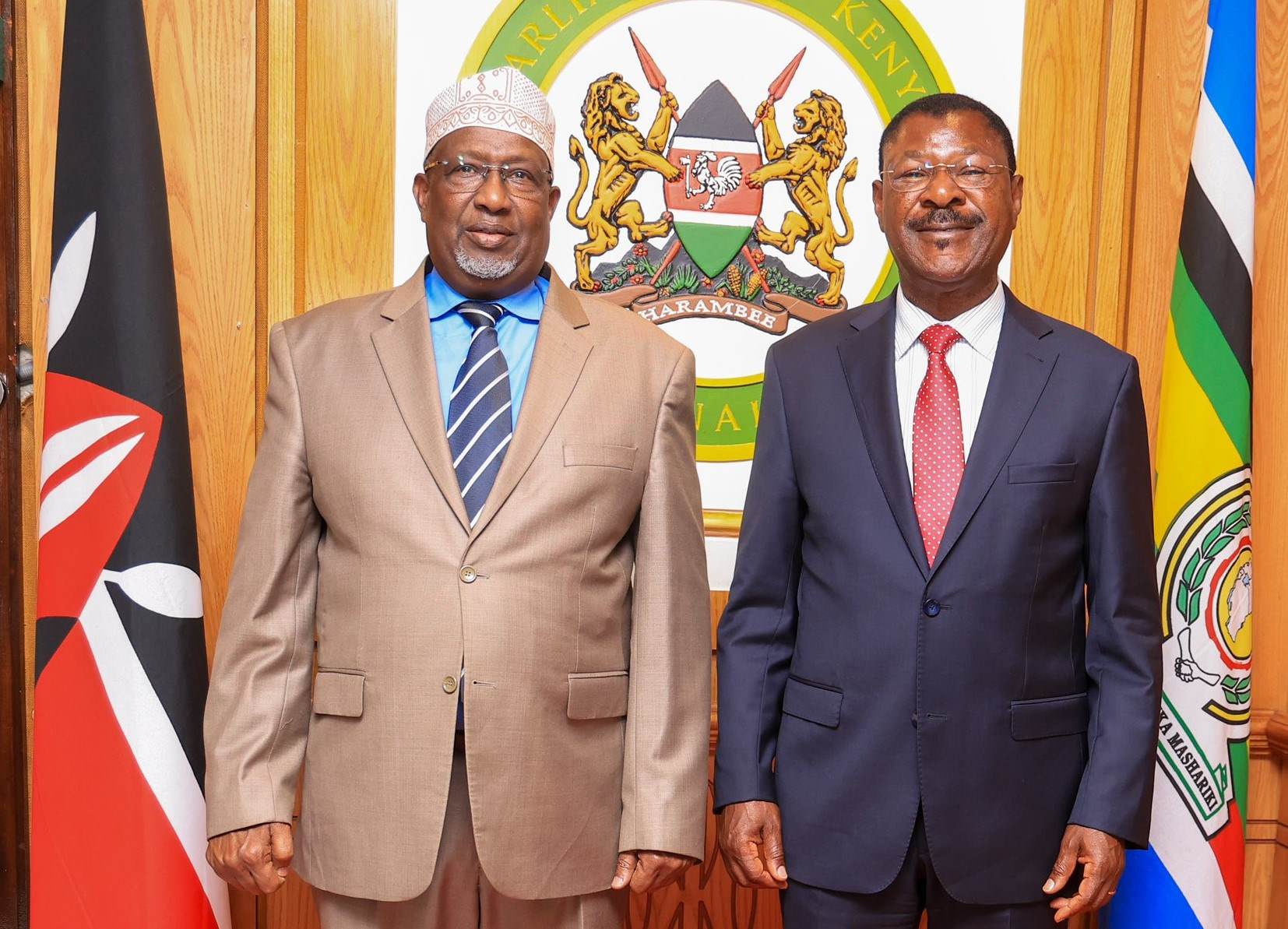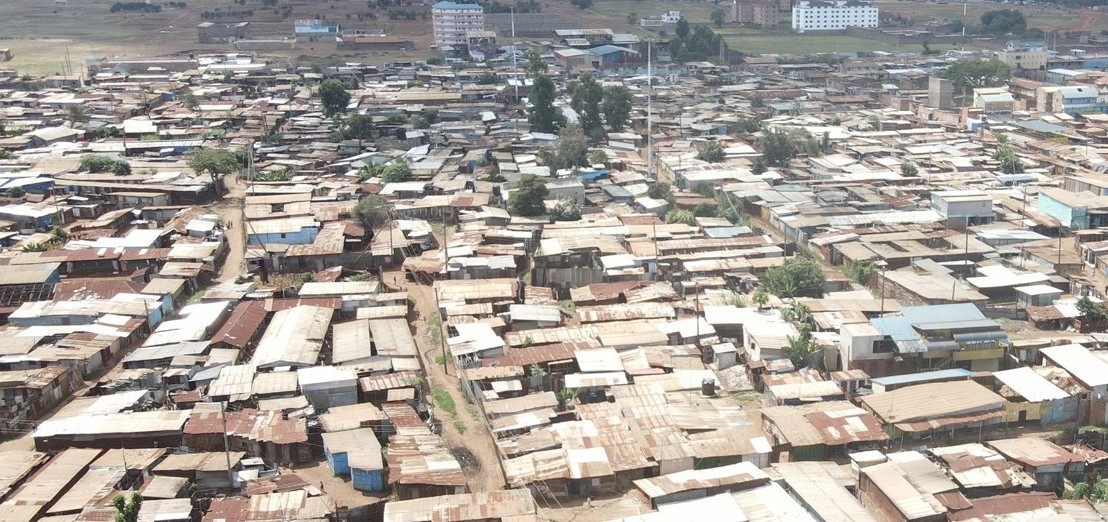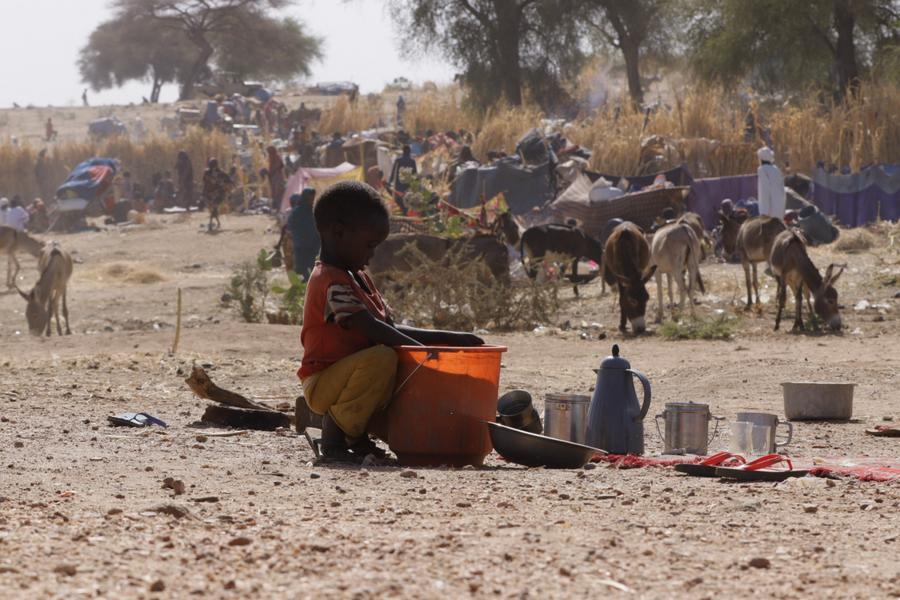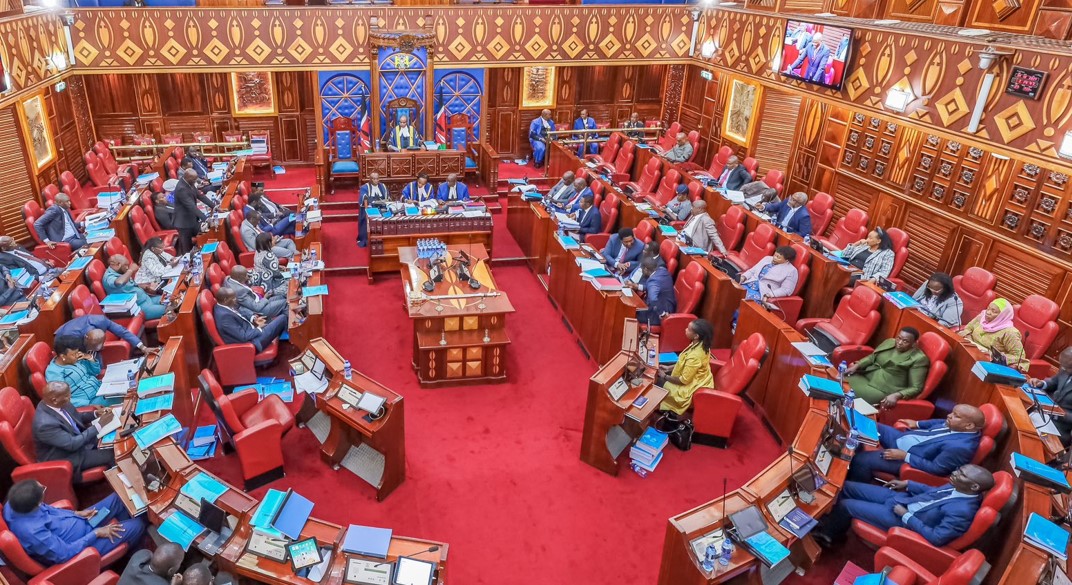Ethiopia sentences five people to death for human trafficking in landmark ruling

Local media reports indicate that the convictions are linked to trafficking activities along the dangerous "eastern route", which is commonly used by migrants from the Horn of Africa heading to Gulf countries via the Red Sea and Yemen in search of greener pastures.
The government of Ethiopia has sentenced five individuals to death for human trafficking, marking the first time the country has imposed capital punishment on the offence.
Local media reports indicate that the convictions are linked to trafficking activities along the dangerous "eastern route", which is commonly used by migrants from the Horn of Africa heading to Gulf countries via the Red Sea and Yemen in search of greener pastures.
The same route witnessed a deadly incident on Monday when a boat carrying mainly Ethiopian migrants capsized, resulting in at least 76 deaths, and many are still unaccounted for.
More To Read
- ONLF accuses Ethiopia of breaching 2018 peace deal as Somali Region tensions rise
- Ethiopia hosting COP32 a ‘win for the Horn of Africa’, IGAD says
- AU congratulates Ethiopia on winning bid to host COP32 in Addis Ababa
- Ethiopia confirms Marburg virus disease outbreak, nine cases reported so far
- Interpol flags online advertisements offering costly crossings into Europe
- Kenya’s criminal gangs trace back to independence era, NCIC says
Ethiopian authorities did not disclose the specific charges or the nationalities of the individuals sentenced.
The convictions were later confirmed by Ethiopia's Justice Minister Belayhun Yirg, who revealed that they were handed down under Proclamation No. 1178, which prescribes penalties ranging from 25 years' imprisonment to life and capital punishment for grave human trafficking offences.
"For the first time, the death penalty has been handed down to five individuals convicted of organised human trafficking," the Minister said, according to The Ethiopian Herald.
Additional reporting by Addis Standard quotes Belayihun as saying the court's decision reflects Ethiopia's growing concern over the rise in organised transnational crimes, particularly human trafficking, which continues to endanger the lives of citizens attempting irregular migration.
He noted that the government is taking a multi-layered approach that includes raising public awareness, strengthening inter-regional cooperation and updating legal frameworks to curb illegal migration.
Belayihun also stressed the importance of addressing the root causes of irregular migration, especially high youth unemployment, stating that the government is prioritising domestic job creation to reduce the vulnerability of young people to trafficking networks.
In addition, he highlighted that Ethiopia is working closely with neighbouring countries such as Djibouti, Kenya, and Malawi to dismantle cross-border trafficking operations.
According to the Africa Organised Crime Index, sex trafficking and forced labour are the most common forms of exploitation in Ethiopia, with many victims, particularly those seeking better opportunities abroad, beginning their journeys willingly, only to face abuse and exploitation en route to the Middle East, Europe, or North America.
Internally, rural-urban trafficking also remains widespread, driven largely by poverty, unemployment and limited access to education and legal migration channels.
Top Stories Today
